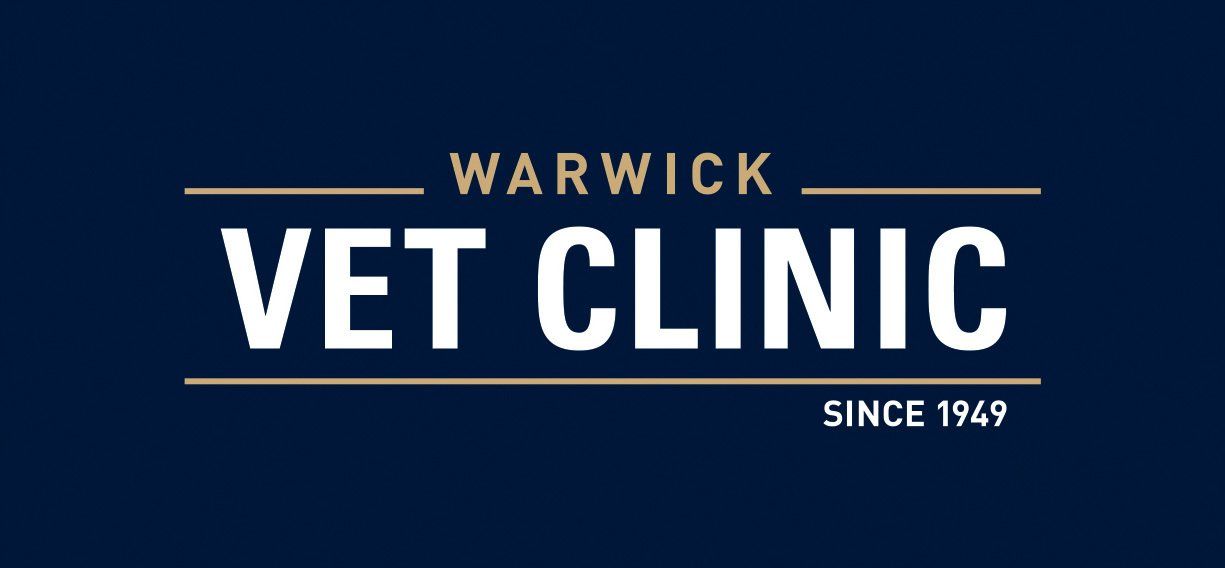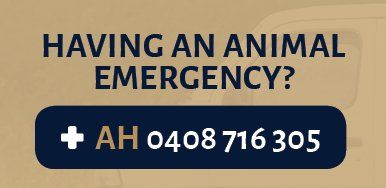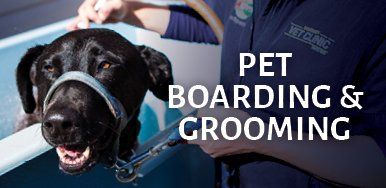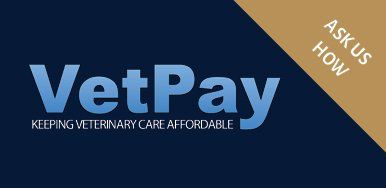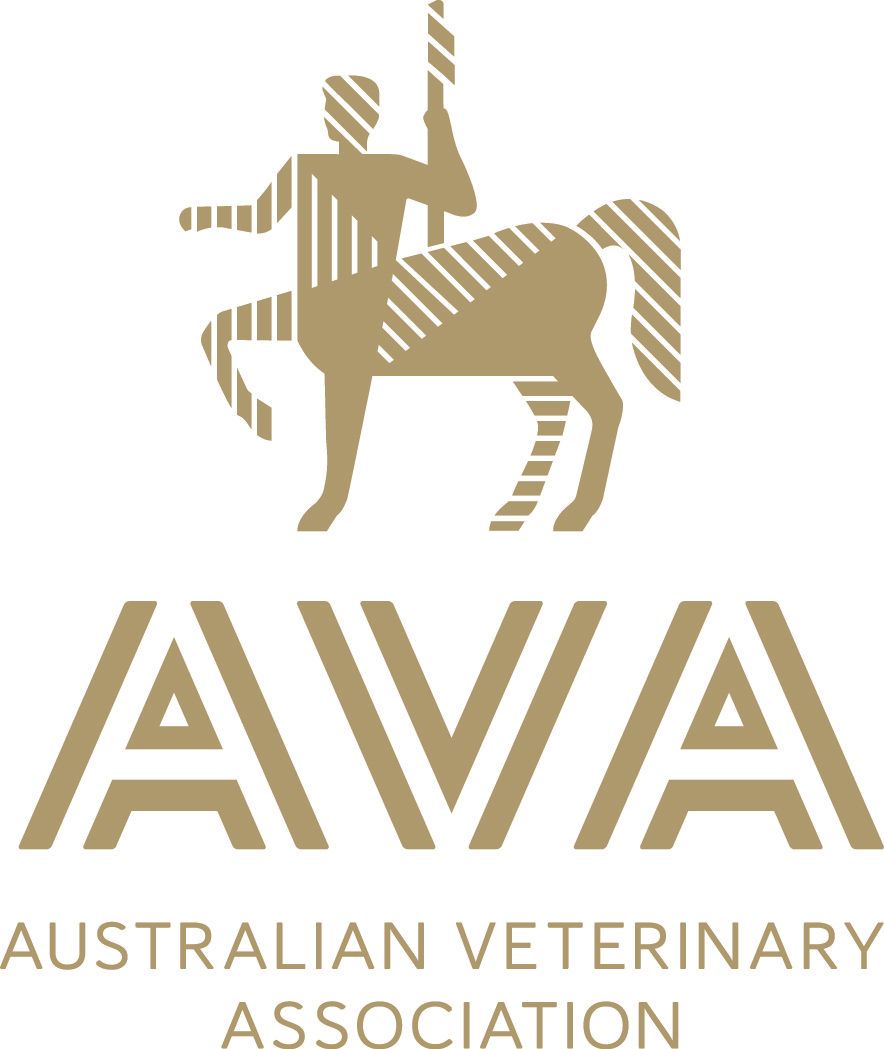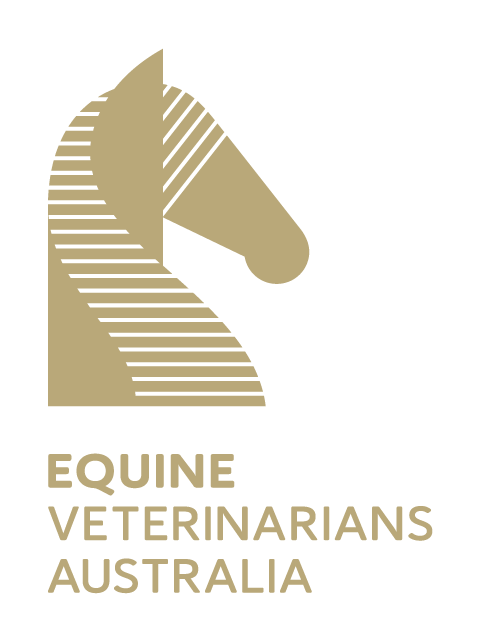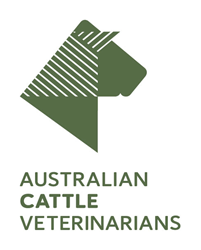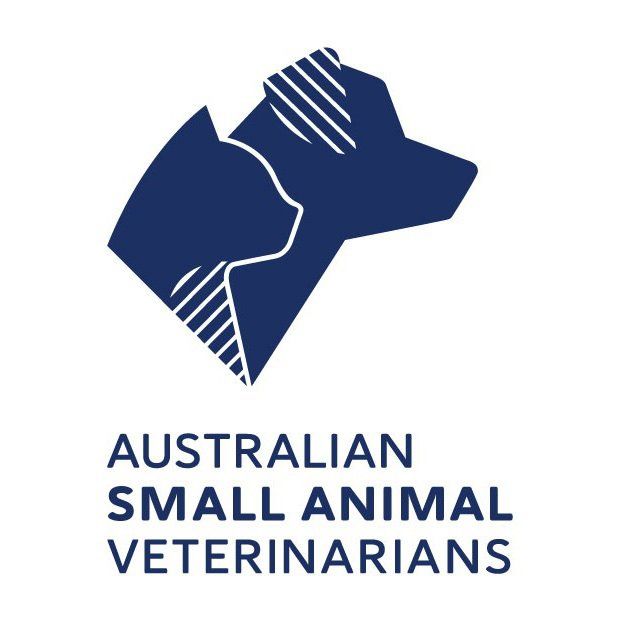DOG NUTRITION
A nutritious, balanced diet is essential to keeping your dog healthy.
Nutrients such as protein, fat, vitamins, and minerals are important players in the skin and coat health of dogs, and minimising risk of health issues.
Adult dogs only need to be fed once a day. Each dog is different however and their energy requirements vary. If they are an active dog then they will probably need more food, or a higher energy food, than a dog that sleeps all day.
WEIGHT PROBLEMS
We all know obesity is unhealthy but do you know just how many health problems it can cause for your pet? Obesity in dogs is almost as common as obesity in humans. Overweight dogs put greater stress on their joints, hearts, lungs, liver, and kidneys. They are more prone to injury and are at a higher risk during surgical procedures.
How to tell if your dog is overweight?
-
Check their ribs
There should be a little fat over them, but you should be able to feel them. If you can't find them, you've got a problem. In fact, feel around for the major bones all over your dog's body - legs, spine, shoulders, hips. If you have trouble finding any of them, then your pet has a bit too much padding.
-
Check their breathing
If your dog breathes heavily even after little or no exertion, or has a hard time recovering from a short walk or play session, there could be a problem.
-
Check the base of the tail
A little fat should cover this area, but if you can't feel the bones at all, your dog is very overweight.
-
Look down
Seriously, check your pet's silhouette from above. Can you find a waist? Can you tell where the ribs end and the hips begin?
-
Check the "abdominal tuck"
The tuck is the area behind the ribs. It should be smaller around than the chest. How much smaller depends on the breed, and the more deep-chested your dog, the greater the difference. A dog that’s too thin will have a very severe tuck, while a fat dog may have no tuck at all.
If you think your pet has a weight problem, make an appointment to speak to one of our veterinarians for advice.
COMMON TOXINS
Keep your dog safe by being aware of these common toxins around your house and yard.
-
Food Hazards
Never give your pet spoiled or moldy food. Chocolate, grapes, and raisins are also toxic to dogs. Coffee, tea, and alcoholic beverages should also never be offered to pets.
-
Only use medications prescribed
Do not use any human medication on your pet dog. The dosing is often different, and medication that is safe for one species may be quite toxic to another. Always seek advice from your trusted vet.
-
Use products as directed
Fleas, ticks, other parasites, and certain skin conditions often necessitate the use of shampoos and topical treatments. Not following the usage directions is one of the most common causes of pet toxicity. This is definitely a case where more is NOT better! Please read and understand all directions when using shampoos, dips, and spot-on treatments for your pet. If in doubt, contact the Warwick Vet Clinic for advice.
-
Keep all medications out of reach
Pet medications are often meat-flavoured which may encourage your pet to want more. If they gain unsupervised access to their medication, they may suffer overdose. If your dog suffers an overdose, call the Warwick Vet Clinic or Animal Poison Control immediately for further advice on the best way to expel or deactivate the toxin.
-
Limit the use of rat poison
Rat and mice infestation carry their own set of health problems for people and pets, and should be removed from inhabited areas. It is important though to consider your pet's safety when getting rid of rodents. Rat poison is a bait - this works for rodents as well as dogs. Even if the poison is hidden or seemingly out of your dog’s reach, determined pets can be quite creative when trying to reach the bait. Rodents that die from the poison and are ingested by pets also pose a risk to the pet.
-
Landscaping chemical safety
It is important to follow the manufacturer's directions and prevent your dog from accessing the pest or herbicide treated area until it is safe to do so. Pets are lower to the ground with their faces closer to the vegetation, so caution is strongly advised.
CONTACT A CLINIC
For further advice on the health care of your animals, contact the professional team at the Warwick Vet Clinic for a consultation.
CONTACT A CLINIC
We will get back to you as soon as possible.
Please try again later.
HEALTHY ANIMALS ARE HAPPY ANIMALS
The latest animal care information from our experienced veterinarians.
OUR CLINICS
WARWICK VETERINARY CLINIC
Opening Hours
Mon - Fri: 7:30am to 6:00pm
Sat: 8:30am to 12:00pm
Warwick West Vet Clinic
Opening Hours
Tuesday and Wednesday:
8:30am to 5:00pm
ALLORA VETERINARY CLINIC
Opening Hours
Monday - Friday:
8:30am to 5:00pm
CLIFTON VETERINARY CLINIC
Opening Hours
Tuesday, Wednesday and Friday:
9:00am to 4:00pm
Warwick Vet Clinic. Website by dms CREATiVE
